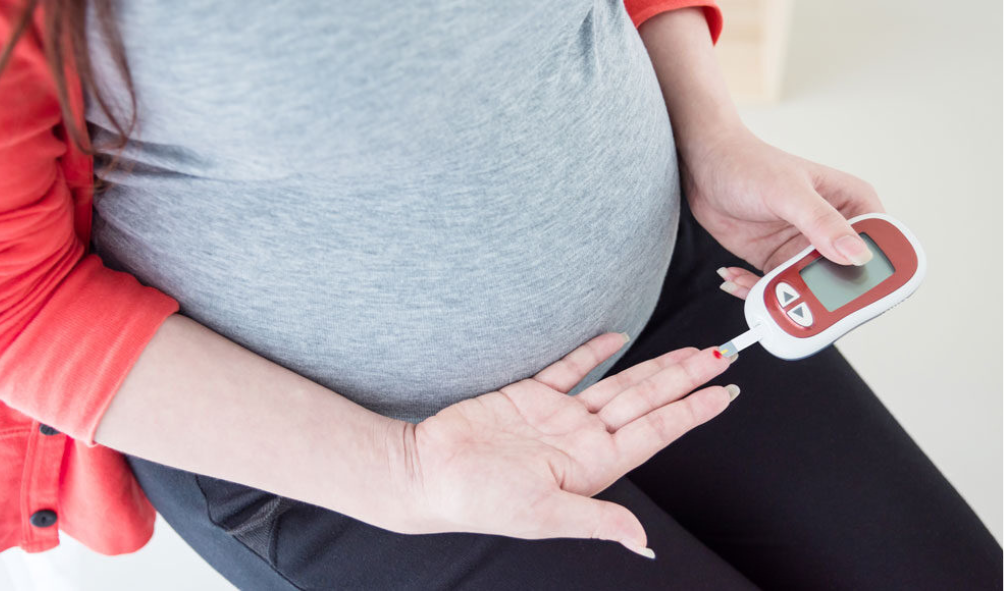
Diabetes in Pregnancy
Diabetes in Pregnancy: Types, Risks, Management, and Glucose Tolerance Testing
Pregnancy is a remarkable journey, but when diabetes is part of the equation, it adds a layer of complexity. Diabetes during pregnancy, which encompasses gestational diabetes and pre-existing diabetes, necessitates vigilant management to ensure the well-being of both the mother and her baby. Here at Chawla nursing home and maternity hospital Jalandhar, our team of Gynaecologist and diabetic specialist create a personalised plan for a safe pregnancy journey for the mother and the baby.
Types of Diabetes in Pregnancy
- Gestational Diabetes: This form of diabetes develops during pregnancy, usually detected between the 24th and 28th weeks. Often manageable with dietary modifications, exercise, and, in some cases, medication, gestational diabetes typically resolves after childbirth.
- Pre-existing Diabetes: Women who had diabetes before becoming pregnant may need to adapt their diabetes management plan during pregnancy. This category encompasses type 1 and type 2 diabetes, requiring careful coordination with gynaecologist, medical specialist and the endocrinologist.
Potential Risks -Diabetes during pregnancy can pose risks for both mother and child. These potential complications include:
- Macrosomia: Babies born to mothers with uncontrolled diabetes may have higher birth weights, potentially leading to delivery complications.
- Hypoglycemia: Newborns of mothers with diabetes are at risk of experiencing low blood sugar shortly after birth.
- Preterm Birth: Diabetes can increase the risk of giving birth prematurely, which can impact the baby's health and development.
- Preeclampsia: This condition, characterized by high blood pressure and organ damage, may be more common in pregnant women with diabetes.
Glucose Tolerance Test (GTT)
The glucose tolerance test is a key diagnostic tool used to evaluate how your body processes glucose, or blood sugar, during pregnancy. Here's how it works:
- You will be asked to fast for 8-12 hours before the test. During this time, you should avoid consuming any food or drinks, except for water.
- Initial Blood Sample: When you arrive at the hospital and report to the laboratory , a baseline blood sample will be taken to measure your fasting blood sugar level.
- Glucose Drink: You will then be asked to drink a solution containing a precise amount of glucose. The flavor of the solution can vary, but it's generally sweet.
- Second Blood Sample: Approximately one hour after consuming the glucose solution, another blood sample will be taken to assess your blood sugar level.
- Third Blood Sample : you will be require to give a third blood sample, taken two hours after the initial glucose drink.
Interpreting Results
- Normal Values: For a one-hour test, a blood sugar level below 140 mg/dL is generally considered normal. For a two-hour test, the threshold is typically below 130 mg/dL.
- Abnormal Values: Elevated blood sugar levels at either one or two hours may indicate gestational diabetes. If your results exceed these thresholds, further testing and diabetes management may be required
Successfully managing diabetes during pregnancy requires collaboration between the mother-to-be and her gynaecologist . Regular monitoring, a balanced diet, exercise, and, if necessary, medication are essential components of effective management. You can call +919023703001, 7307103001 for an appointment at chawla nursing home and maternity hospital Jalandhar .

